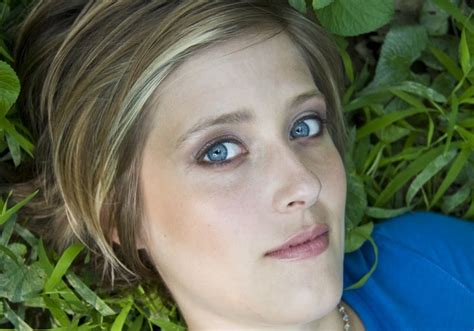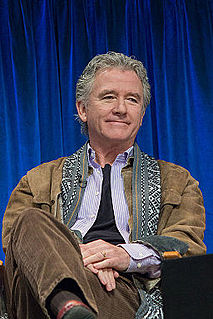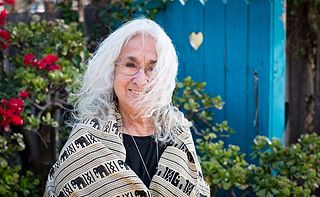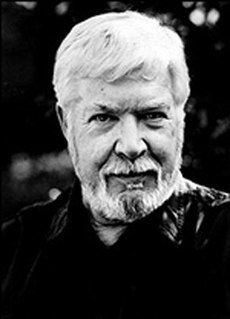A Quote by Edmond Jabes
The book is an unbearable totality. I write against a background of facets.
Quote Topics
Related Quotes
THE WRITER can get free of his writing only by using it, that is, by reading oneself. As if the aim of writing were to use what is already written as a launching pad for reading the writing to come. Moreover, what he has written is read in the process, hence constantly modified by his reading. The book is an unbearable totality. I write against a background of facets.
You have to surrender to your mediocrity, and just write. Because it's hard, really hard, to write even a crappy book. But it's better to write a book that kind of sucks rather than no book at all, as you wait around to magically become Faulkner. No one is going to write your book for you and you can't write anybody's book but your own.
I think, for me, there's The Book I Should Write and The Book I Wanted to Write - and they weren't the same book. The Book I Should Write should be realistic, since I studied English Lit. It should be cultural. It should reflect where I am today. The Book I Wanted to Write would probably include flying women, magic, and all of that.
I have been privileged to write across multiple facets of my life: to write romance novels, to write memoir, to write about leadership, and to write tax and social policy articles. The act of writing is integral to who I am. I'm a writer, a politician, a tax attorney, a civic leader, and an entrepreneur. I am proud of what I've accomplished.
The usual reproach against the essay, that it is fragmentary and random, itself assumes the givenness of totality and suggests that man is in control of this totality. The desire of the essay, though, is not to filter the eternal out of the transitory; it wants, rather, to make the transitory eternal.





































